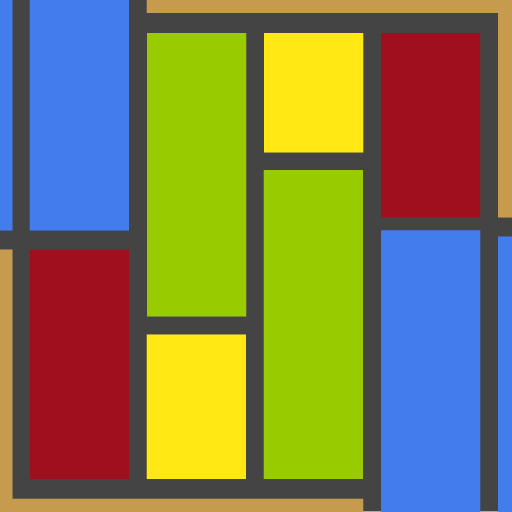last updated: 23 March 2025
About the author
CHARLIE ALICE RAYA
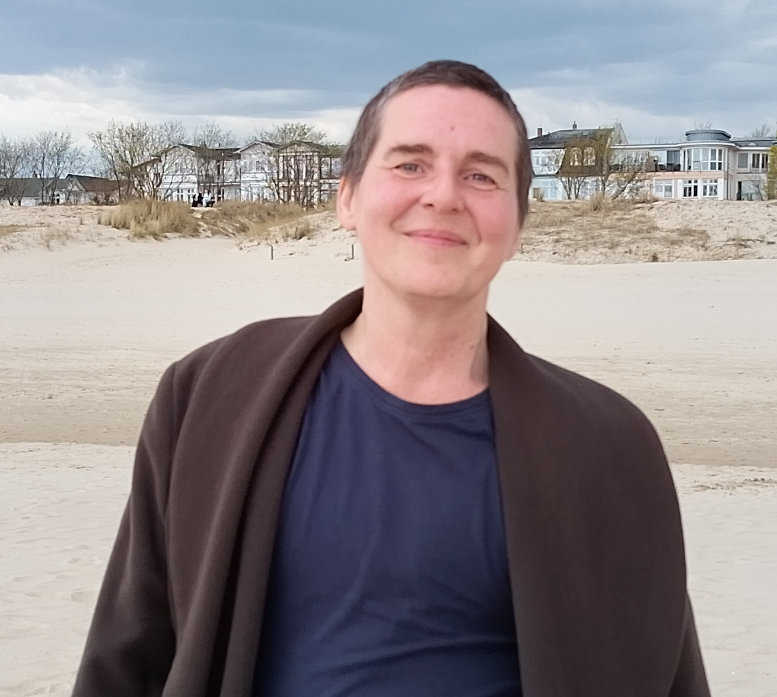
I think I was not yet in school when I built my first town, in the late seventies. I was worried about the threat of a nuclear war, and so I built an underground town where I and quite a group of people could stay safe. I remember a tunnel like hall where we lived, and I recall one day when I climbed up a long, long ladder to see whether it would be safe again on the ground. Outside, there was this huge single tree in a desert-like space.
I don’t remember whether we all went up there or not. Maybe rebuilding the world felt a bit too daunting.
My first town – and then so many other things happened. Today, I think I should have studied town planning, architecture, landscape architecture, physics (always had a thing for physics and remember very little) and everything to do with nature, film and the brain.
What a collection, but probably quite an accurate picture of what my mind enjoys. Oh, and I’d like to learn some crafts.
I have this wonderfully grumpy character in the easy town story, Roger, 72, who is a master of seven or eight crafts. Alice, the main character, gets to learn a bit of a craft in book 6. Maybe I will, too.
The easy town story covers a period of seven years and the town is built within a year. Absolutely unrealistic, I know. But it’s important for the story dynamics that the town is completed this fast.
Interestingly, even after that year, I kept building. And I remember laughing about myself because I would find yet another reason to add this or that building to the town – and outside of town.
Anyway, so much for a little warm up.
The about the author page on this website focuses on writing.
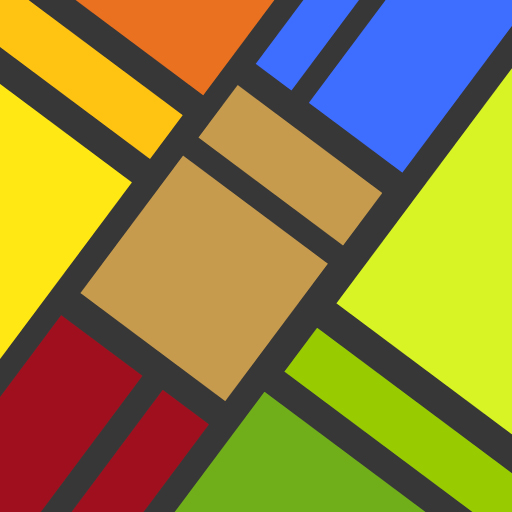
You can find more general insights on the Charlie Alice Raya website and some information about all 14 project websites plus their social media accounts.
Yes, I know 14 websites are a lot, but if you take the time to visit even a few of them, you will see that it makes sense to give each of those ideas and topics their own space.
I presently add social media accounts for the various ideas and projects, including the new one for the easy town books.
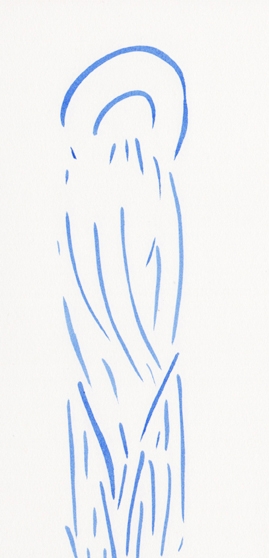
liquefied, 2012, © Charlie Alice Raya
The easy town idea
In 2012 my friend Easy was placed in an artificial coma and eventually got parked in a nursing home.
In the debris of these events, I found the idea for Easy Town which started as a small village centre where Easy and his fellow patients could find stimuli for their hurt brains: in workshops, gardens and cafés.
In the following years, I treated the easy town ideas as purely non-fictional, always asking how to finance something like that while maintaining my independence.
I used stories to test ideas for the town, and in 2016 a story came up which was more complex and more intriguing than any I had done before.
But it was only a week after I finished the story that the idea to write it crossed my mind.
I had three main reasons to follow through with that idea.
One, I loved the story, and this way I could preserve it.
Two, this story is a perfect playground to test ideas, to play around with concepts, to ask questions, to create visions, to unleash defiance and illustrate what is possible if we put our minds to it, and while doing so, to have some fun.
And three, eventually the story could finance some of the easy town ideas.
All three arguments still hold but I will add that I’m glad that I had no idea how much it would take to write the story and to get it out there.
I also had no idea how much deeper I would be able to dig, how much I would learn from the characters, from the story, and how much I would invent and discover.

colours extreme, tree barks, © Charlie Alice Raya
Alice
Alice is one of the main characters in the easy town story.
The original story was never intended to be shared, so Alice was simply me.
When I started making notes for the books, I considered replacing Alice. But that worked as little as replacing Jack (which I also attempted).
Whether I like it or not, both characters are essential to the story, and everything about them plays a role, sooner or later.
Besides, writing Alice meant I didn’t have to worry whether a character like her is realistic or not. /:-)
Alice hears the term non-binary in book 3, shaping, for the first time, and though she has little time for it, it will set her on a journey. She knows who she is, she just might have to reassess who other people are. There is more about gender on the Charlie Alice Raya website.
When I think about the big differences between me and Alice, one thought always pops up first: Alice is edited. And that always makes me smile. I can think of so many situations when I wish I had thought before speaking.
Mind you, Alice does get a few original outburst, but I have come to appreciate the chance to mull over statements and to edit them. Mostly this kind of editing has nothing to do with censoring, it’s more about clarity, about asking whether this or that is what Alice really thinks or even wants to think.
Apart from the non-binary developments, where I am clearly ahead of Alice, there are other issues regarding my past where it seems to me that Alice is further in the healing process. And that gives me hope. Mind you with all that happened in 2023/24, I’m actually rapidly catching up.
Plus, Alice gets really good at stick fighting, and I haven’t even begun. But I hope, I will.
How I came to writing
I grew up to the sound of my mother’s typewriter. So writing was familiar to me, even before I could read.
There is more to it, but I will leave that for later.
Why a pen name?
When I listened to my mother, typewriting her book, I didn’t dream of writing a book, I dreamed of getting myself a new name.
My mother wanted to call me Ella after Ella Fitzgerald, but, according to my memory, the East German government deemed Ella a nickname and only allowed Ellen.
I never liked either name and called myself Elli. I thought I wouldn’t get away with calling myself Ello or Ellu.
Anyway, because I have no bond to my names, I happily embraced the idea of a pen name. And by now Charlie Alice Raya is more familiar to me than the passport name ever was.
Why Charlie Alice Raya?
I wanted a name which reflects my duality, and which has a sound I like.
There is more to it, but again I will leave that for later.
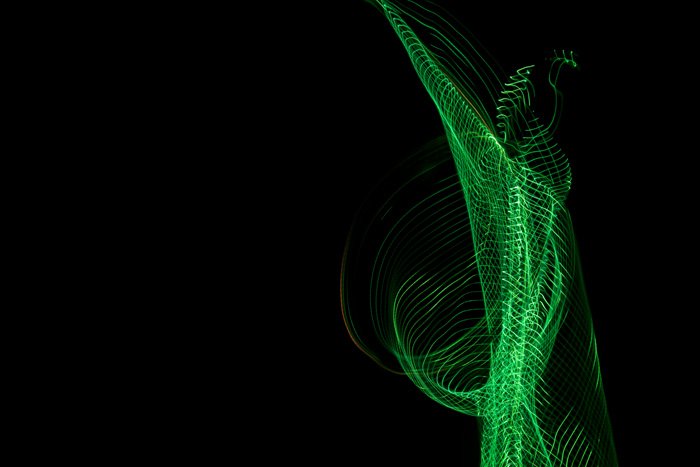
rising, light dance, 2011 © Charlie Alice Raya
Why I never attempted to make a name for myself
I think it was in 2020 when it crossed my mind that this question might need addressing. The answer is still sketchy, but it should give you an idea.
To start with, a name doesn’t mean anything to me. Building a town experiment? Great. Initiating a photo collection of all shapes and colours of faces with tips for optimal lighting? Fantastic. Finding Jeballulo. YES, please. But a name? What’s that good for?
Well, it would make things a lot easier for the easy town projects. But unfortunately, I overlooked that point.
Independence was always important to me, and so I often chose to work on my own, instead of becoming part of an organisation or a group, where I could have made a name for myself.
And while I am looking forward to working with others in the future, I am glad I had these years of digging deep into many subjects independently and without many distractions or a need to adapt.
I am still not eager to make a name for myself, but it’s time to share the results of years of work, and I am ready to do my bit for humanity and the planet.
Again, there are some other points which I will leave for later.
PS: Jeballulo comes up in book 2/2, travelling, Romania
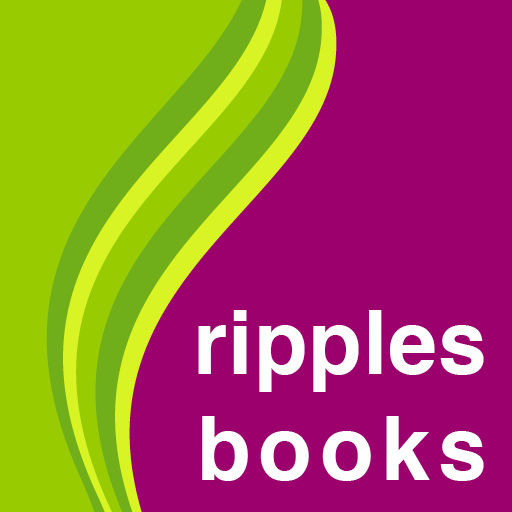
Why is there no publisher?
When I started to write book 1, beginning, I put off the question of how to find a publisher.
To be frank, I didn’t want to think about it. And then I realised that I had a good excuse not to use a publisher: the easy town books are (among others) about rethinking business practices, and that includes the publishing industry.
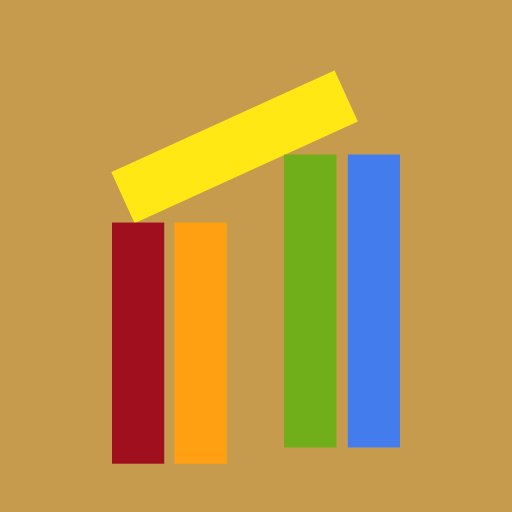
By now I have a rough idea what a publisher for the easy town books could be like. If you are interested, there are two websites with insights on rethinking publishing and everything else about books.
For ripples publishing visit: ripples publishing
For book stations visit: book stations
legal delights
ISNI (International Standard Name Identifier): 0000 0005 1772 4360.
The easy town books
ISBN 978-3-00-060915-2, book 1, beginning and drafting a town experiment
ISBN 978-3-9821289-6-2, book 2/1, travelling and we need to talk about sex
ISBN 978-3-9821289-9-3, book 2/2, travelling and we still need to talk about sex
ISBN 978-3-9821289-7-9, book 2, travelling and we (still) need to talk about sex (both parts)
ISBN 978-3-9821289-3-1, book 3/1, shaping, arrivals & shaping
ISBN 978-3-9821289-8-6, book 3/2, shaping, entanglements & silence
ISBN 978-3-9821289-2-4, book 3/3, shaping, where do we go from here & decisions
ISBN 978-3-9821289-4-8, book 4/1, building, campaigns & getting started
